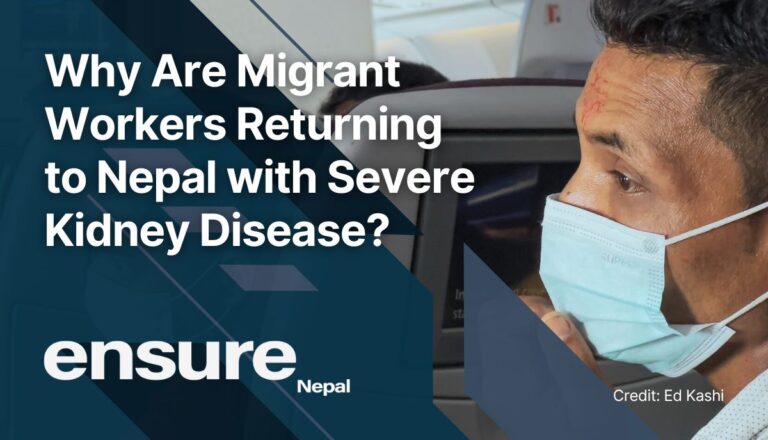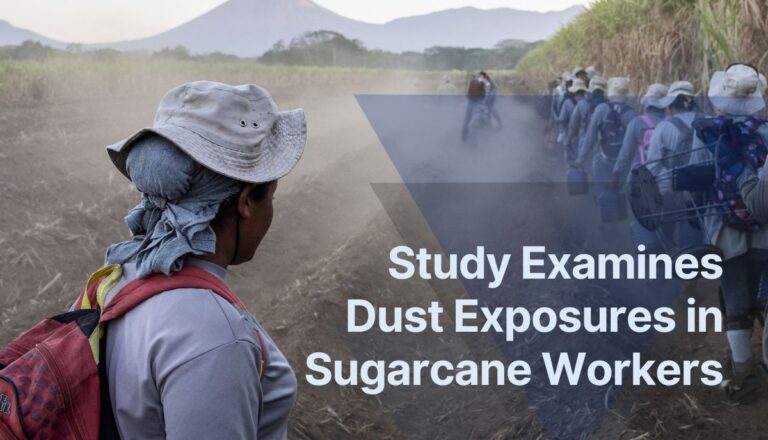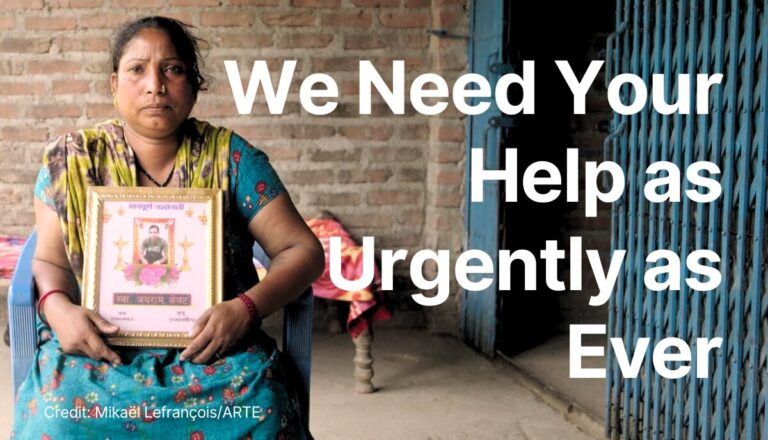We prevent harm on a global scale
Photo credit: Ed Kashi
Our strategy:
Prevention, Resilience, Efficiency, and Protection
We believe in protecting workers, reducing risk, and driving efficiency. Our goal is to ensure that workers globally are protected from risks on the job, like extreme heat and other environmental exposures. We do this through our Prevention, Resilience, Efficiency, and Protection program, or PREP.
This strategy guides our work, like our transdisciplinary research projects and advising programs. We bridge companies and communities with the expertise and resources to protect their workers, utilizing data-driven and site-specific methods to ensure lasting change.
The Center of Excellence combines all aspects of this model, creating a comprehensive framework for addressing environmental exposures. We have created a Center of Excellence at Ingenio San Antonio, a leading sugar mill operation in Nicaragua that produces sugar, alcoholic beverages, and biofuel. We invite potential partners to visit the Center of Excellence to learn how they can adapt our proven methodologies and hear from the people carrying out this work day to day.

Keystone Programs

Funding:
- DEG
- Stavros Foundation
- BMZ
- ISA
Partner Organizations & Institutions:
Geography:
- Nicaragua
Adelante Center of Excellence
The Adelante Center of Excellence is Ingenio San Antonio’s world-class program protecting workers from occupational heat stress. It began in 2017 as the Adelante Initiative. Its goal was to address chronic kidney disease among sugarcane cutters by driving research and policy. The Initiative was based on an ongoing collaboration with the mill, the largest in Nicaragua and one of the most logistically competent mills in the Americas. It was also funded by the German Investment Corporation (DEG).
The program formed an evidence-driven model for the implementation and evaluation of workplace interventions in the sugarcane industry. That model is now used to inform the protocols and certification standards of sugarcane certifiers, rum companies, alcohol importing agencies, and national liquor boards.

Funding:
- Belmont Forum
- European Commission
- UKRI
- Forte
- NOAA
- NSF
Partner Organizations & Institutions:
Geography:
- Nicaragua
Prevention, Resilience, Efficiency, and Protection Program
The Prevention, Resilience, Efficiency, and Protection (PREP) program evaluates the effectiveness of a workplace intervention program — Rest, Shade, Hydration, Sanitation — at the San Antonio sugar mill in Nicaragua. We conduct transdisciplinary research like physiological, economic, and social impact studies to fully understand how heat stress affects worker health and that of their communities, and how the intervention has helped to mitigate that risk.
The knowledge gained from PREP is laying the groundwork to scale and adapt our programs to other industries and geographies worldwide. PREP was a member program of the ENBEL Project. Our policy recommendations for businesses and governments are found below.
Ongoing and Past Programs
Funding:
- U.S. Department of State
Partner Organizations & Institutions:
Geography:
- Nepal
- UAE
- Qatar
- Saudi Arabia
- Kuwait
- Malaysia
ENSURE-Nepal
ENSURE-Nepal is a four-year project led by La Isla Network through a cooperative agreement with the U.S. Department of State Office to Monitor and Combat Trafficking in Persons. The program is studying the socioeconomic factors that prompt labor migration from Nepal, and workplace illness/injury stemming from heat stress that occurs abroad.
The intervention is one of the first of its kind to address trafficking among Nepali labor migrants, using evidence-based intervention development research. The program’s overarching aim is to pinpoint interventions for every stage of the migrant journey.

Funding:
- US Department of Labor
Partner Organizations & Institutions:
Show more
Geography:
- El Salvador
- Guatemala
- Honduras
PREP for Change
PREP for Change (P4C) is La Isla Network’s most significant project to date. It is funded by a cooperative agreement from the U.S. Department of Labor. The project’s overarching goal is to promote safe and healthy workplaces in Honduras, Guatemala, and El Salvador.
P4C takes a preventive systems approach to prevent kidney injury and other workplace illnesses and injuries, while pursuing increased productivity and a return on investment. The program aims to improve the use of existing social protection systems, often used by workers and families impacted by workplace illnesses and injuries.
Finally, P4C influences decision making by employers, unions, and government to safeguard workers from heat stress.

Funding:
- Bonsucro Impact Fund
Companies:
Geography:
- Nicaragua
- Dominican Republic
- Barbados
Collaboration with Bonsucro
We work with Bonsucro, the global certification body for sugarcane producers, to drive multistakeholder programs aimed at the protection of workers. We do this through the Bonsucro Impact Fund, which supports projects that address critical sustainability challenges in the sugarcane sector.
We’ve worked with Ingenio San Antonio, and most recently are working with Diageo to assess and address the risk of heat stress among sugarcane cutters in the Dominican Republic and Barbados, and to assist in the implementation of worker protection protocols.
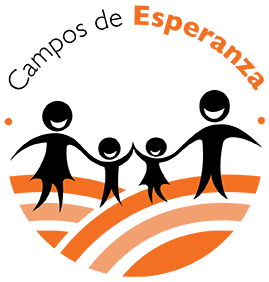
Funding:
- US DOL (Subrecipient under World Vision)
Partner Organizations & Institutions:
Geography:
- Mexico
Campos de Esperanza
Campos de Esperanza project was a four-year project led by World Vision that focused on preventing and reducing child labor in the states of Oaxaca and Veracruz, particularly in the sugarcane and coffee sectors. La Isla Network led a component of the project on occupational safety and health, focusing on the prevention and management of occupational chronic kidney disease.
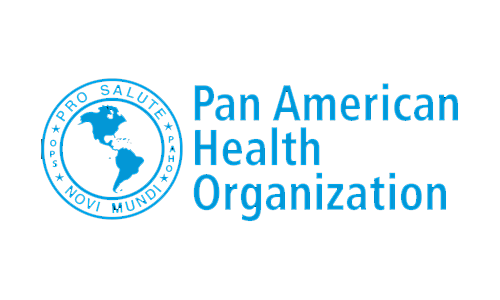
Funding:
- PAHO
Geography:
- Central America & the Dominican Republic
PAHO Collaboration
Our Lead Epidemiologist Ineke Wesseling was contracted by the Pan American Health Organization to research the landscape of health and work in Central America and the Dominican Republic, as well as the policies addressing occupational chronic kidney disease.

Funding:
- Medical Research Council
Partner Organizations & Institutions:
Geography:
- Global
DEGREE Study
The Disadvantaged Populations eGFR Epidemiology Study (DEGREE) was an international collaboration between researchers across disciplines dedicated to better understanding the prevalence and geographic scope of CKDnt.
Its goals were to inform local communities, healthcare systems, and governments of the scope and scale of CKDnt, to understand if there are factors in common between geographies affected, and to accurately measure whether the prevalence of CKDnt is worsening or improving over time.

Funding:
- National Postcode Lottery of the Netherlands
Partner Organizations & Institutions:
- The U.S. Occupational Safety and Health Administration
- The National Institute for Occupational Safety and Health
- U.S. Army Research Institute of Environmental Medicine
- Australian sustainability researchers
Geography:
- El Salvador
WE Program
In 2014, La Isla Network assembled a multi-stakeholder team under the banner of the Worker Health and Efficiency (WE) Program to find and implement solutions to the CKDnt epidemic in El Salvador.
After publishing the first results of the WE Program in 2015, we split into two organizations: (1) Fundación Comunitaria Isla, the local Nicaraguan NGO that independently remains focused on local community development, and (2) La Isla Network.
Technical Advising to Companies:
Assess, Address, Assist
La Isla Network advises companies to help protect their workforce. We do so through our data-driven OSH and organizational management assessment protocols, under our triple-A framework of Assess, Address, and Assist. These reduce harm and protect worker health, while pursuing increased productivity and a return on investment.
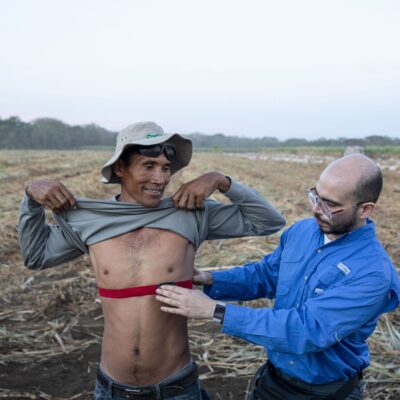
Assess health and safety policies, procedures, and protocols, as well as the organizational management framework to determine successes and opportunities for improvement
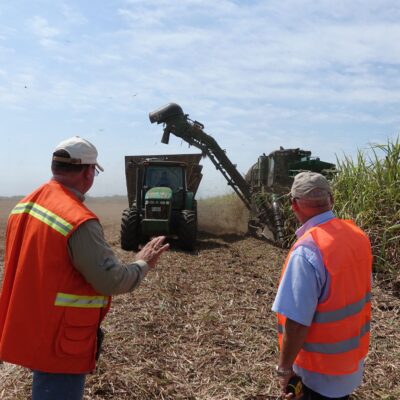
Address areas of improvement and provide tools to close the gaps in organization-wide operations, from frontline workers to upper management
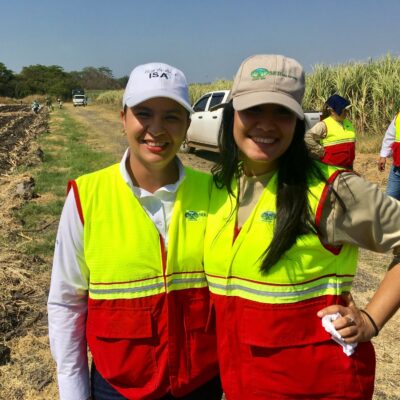
Assist in the implementation of our evidence-based recommendations to ensure long-lasting change
Climate change is making heat stress a worldwide problem
Heat stress has been a perennial problem in the tropics. Now, climate change is exacerbating the threat of occupational heat exposure beyond these regions, including the United States and Europe. As a result, at-risk workers are experiencing intensified levels of heat-related illness, injury, and death.

In the United States, workers in agriculture and construction are the most at risk for heat-related injury, illness, and death.
As recently as September six grape pickers died in the Champagne region of France after working in 95 degree Fahrenheit heat.
By 2021, more than 6,500 migrant workers in construction died in Qatar since it won the right to host the World Cup over a decade, a portion of them from Nepal.
In Australia, thousands of workers gathered outside state parliament in February 2024 demanding the resignation of Industrial Minister after one person died and 25 had been injured due to heat stress on Queensland worksites.


